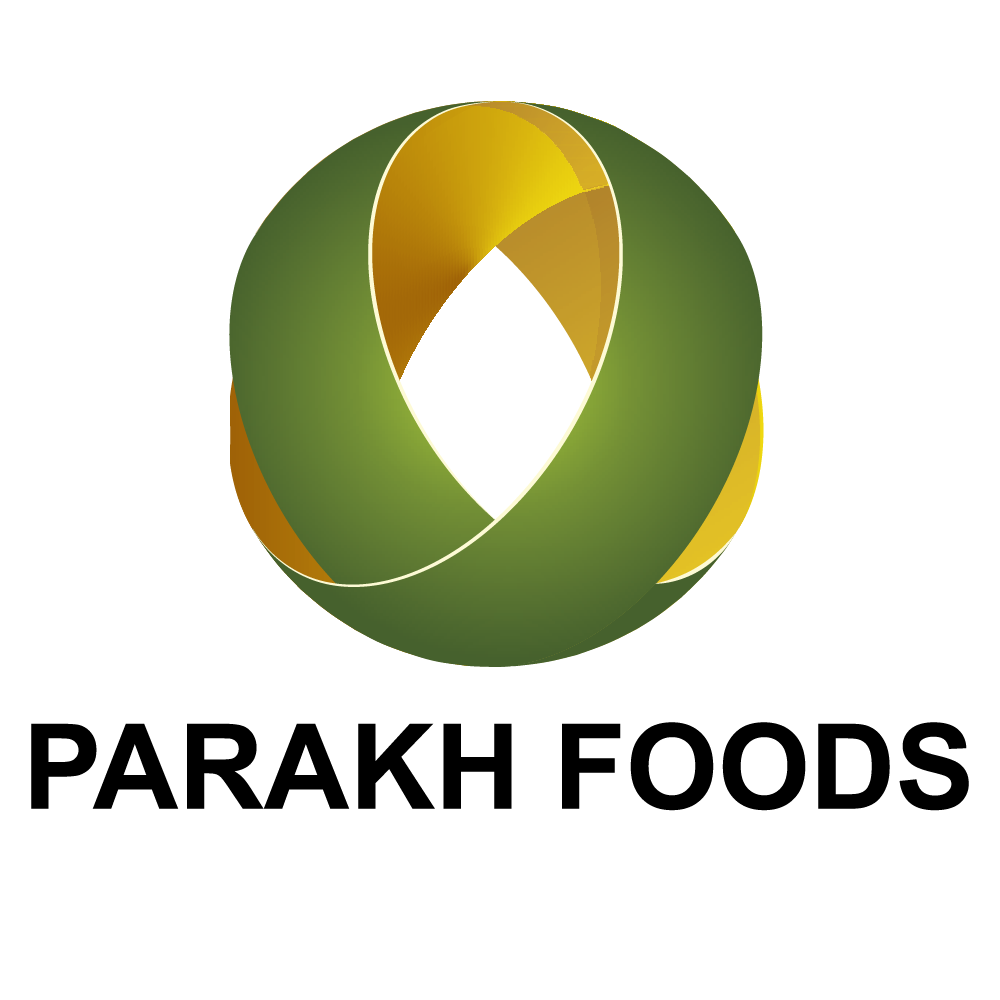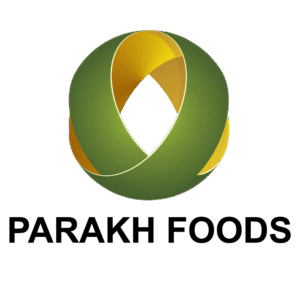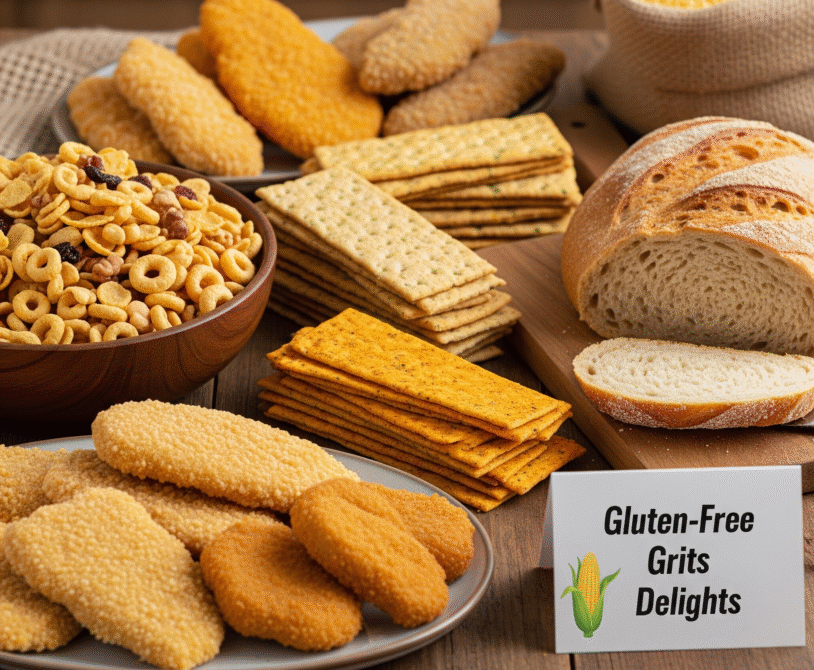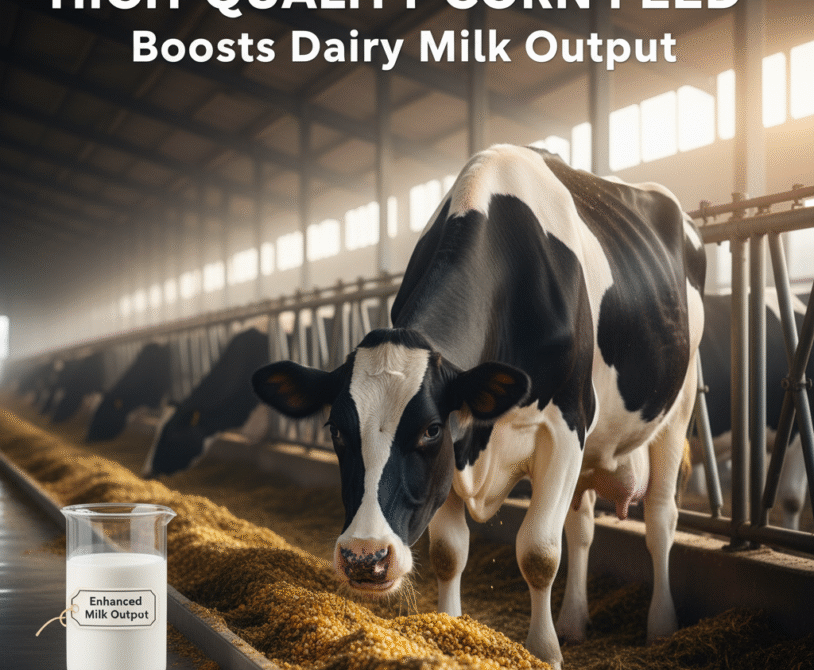Optimized for relevance in what is the most complex world of large-scale food manufacturing, the end product must be made completely uniform. Since snacks are extruded, cereals packaged for breakfast, and cans of beer have to measure up against very high standards of taste, texture, and appearance, finishing begins a very long time before your production line case begins with the quality of the raw materials. Among these, corn grits have been the basic constituent of quality that could possibly make or break your product.
But there are those corn grits-not to mention suppliers not up to the same standard. Choosing a corn grits supplier based purely on costs would probably be one of the more severe risks and could lead to production inefficiencies, product failures, and damage to your brand image. Procurement managers and R&D specialists must dig deeper in building a stronger, sounder, and more efficient supply chain.
This definitive guide will explore the five most critical questions you need to ask a potential corn grits supplier. Their answers will tell you more about their capabilities, their commitment to quality, and their appropriateness as a strategic partner for the long haul.
Question 1: What is Your Process for the Ensuring Consistent Granulation and Quality?
This, arguably, is the most important technical question. The physical properties of your corn grits-mainly granulation (particle size distribution), moisture content, and fat content-will substantially determine how they will function in your equipment and formulations.
Why This Matters
Inconsistent granulation spells disaster in an automated food production line:
- Extrusion: Too small a proportion of fines leads to scorching and blockage in the extruder, too large proportions form a coarse and gritty product. A consistent particle size is essential for controlled expansion and a uniform cell structure in snacks like puffs and collets.
- Brewing: The mash tun requires a certain particle size for optimal starch conversion and an efficient lautering.
- Cereals: For example, flaking rollers are calibrated for a particular grit size; deviations from that could result in broken flakes, too much dust, and an inconsistent final product.
Low-quality grits, high fat (improper degermination) cause rapid rancidity and greatly reduce the shelf life of your finished goods.
What to Look For in an Answer
A first-class corn grits supplier will not simply say something vague. They must be completely willing to expound upon their thorough Quality Assurance (QA) program. Look for them to mention:
- Advanced Milling and Sifting Technology: They should describe their use of multi-deck screeners, aspirators, and gravity tables to precisely classify grits into narrow, consistent particle size distributions.
- Specific Analytical Methodologies: Find out whether they use laser diffraction particle size analysers or Ro-Tap sieve shakers with U.S. Standard Sieves for verification. These are industry-standard methods to ensure accuracy.
- A Certificate of Analysis (COA): The reputed supplier will provide COA for each supply, which will include the exact specifications on the batch, including granulation profile, moisture content (typical 12-14%), fat content (ideally under 1%), and microbiological data.
A confident supplier would then deem their QA process as having important selling value and thus leaving no reservation about disclosing such level of detail.
Question 2: Could You Elaborate Your Raw Material Sourcing and Traceability Protocols?
These days, the marketplace is very open, and people get easily informed in terms of food. Consumers and regulators want to know just where the food comes from. The ability to trace an ingredient all the way back to its point of origin from the finished product is no longer a ‘nice to have’ but has become one of the key factors in food safety and trust in brands.
Why This Matters
Strong sourcing and traceability systems are risks mitigators. They are necessary for:
- Food Safety & Recalls: In the event of contamination, having a strong traceability system will allow you to quickly isolate the affected batches of product, limiting the scale and costs of a recall.
- Compliance with Regulation: Major market legislation such as the FSMA or the U.S. Food Safety Modernization Act is demanding stringent traceability requirements for key products.
- Claims Specificity: In cases where products are claimed to be Non-GMO, gluten free, or organic, your supplier will be required to provide verifiable proof that their sourcing and handling protocols prevent cross-contamination and guarantee ingredient integrity.
What to Look For in an Answer
A trustworthy supplier will be able to provide a good “farm-to-facility” traceability plan. Their answer should be inclusive of:
- Agreed Grower Networks: Do they have long-standing relationships with specific farmers in given agricultural regions? It would definitely ensure much more clear and consistent delivery of high-quality maize.
- Lot-Level Tracking: Some explanation of the system by which they assign unique lot numbers to incoming raw corn and track it throughout the entire cleaning, milling, and packaging process would be in order. This should connect directly with the lot number on the COA you will receive.
- Documentation for Claims: If you need Non-GMO grits, they should be able to provide Non-GMO Project Verification or a similar IP (Identity Preserved) certification. This is a far more robust guarantee than a simple supplier statement.
Question 3: How do you maintain supply chain stability and lead times?
Your production schedules are carefully laid out, for if a single shipment of any high-ticket ingredient-like corn grits-were to be delayed, the result could be costly downtime, disturbance of production planning, and an inability to satisfy orders. The strength of a supplier is, therefore, determined, based on their ability to furnish materials consistently and on time.
Why Is This Important
Supply chain disruptions can come from anywhere: agricultural issues (droughts, floods), transport shortages, or unparalleled demand surges. The job of a supplier is, hence, to insulate you from this uncertainty as far as possible. Evaluating their logistical capacity is thus critical to keeping you running.
What to Expect in an Answer
A good supplier of corn grits recognizes that their business is not just limited to supplying corn grits but extends to being your logistics partner. Their answer should also demonstrate risk management:
- Geographical Sourcing Diversity: Procurement of corn should be from different agricultural areas so that the risk of a poor harvest in one area affects only that supply.
- Redundant Production and Inventory: Do they have more than one processing facility? Do they keep finished goods buffer stock to handle sudden increases in demand from customers?
- Strong Logistics Chain: They should have established relations with different freight carriers and should give accurate lead times from their location to yours. This is also where you ask for their average on-time in-full (OTIF) delivery rate since that is the key performance indicator for excellence in supply chain.
- Proactive Communication: How do they communicate about potential delays? A true partner will give you an alert of any disruption way before it happens and target actively for solutions with you, not just let you find out that the shipment is waylaid.
Question 4: To what extent do you have technical and R&D support?
Your ingredient supplier can serve as one of your most important resources for innovation. Whenever you attempt to develop or adjust products, challenges invariably arise. A supplier who is able to provide professional technical support is infinitely more valuable than a mere vendor of a commodity.
Why This Matters
Product development is a very complex process; you may need to change a formulation in order to achieve a crispier texture or a lighter color or a longer shelf life. Your corn grits supplier, because of their deep understanding of the ingredient, can provide insight that saves you weeks or even months of back and forth in trial testing.
What to Look for In an Answer
This question is the distinction between a vendor and a partner. A First-Class supplier will emphasize its value-added services:
- In-House Technical Team: Do they have food scientists or technical experts on their staff who understand how their grits perform in different applications (baking, extrusion, brewing)?
- Application Support: Can they advise on what granulation of grit would work best for a new extruded snack concept? Can they differentiate between two different issues that may or may not cause a moisture absorption problem for your batter mix?
- Customization Ability: For large-volume clients, are they willing and able to build a custom blend or a specific granulation in order to address the unique needs of a new product?
- Pilot Plant Samples: They should freely provide samples of various products to your R&D team for testing in your lab or pilot plant, allowing for smoother development.
Question 5: What certifications and food safety standards do you comply with?
This is a non-negotiable check mark. In the modern-day food industry, compliance to globally recognized food safety standards is the least any supplier should work on. Certification thus serves as value addition in that it guarantees the safety, robustness, and clear documentation of a supplier’s processes from an unbiased third party.
Why This Matters
Third-party certification is protection for your business, your customers, and your brand. It ensures that complying with the best practices to ensure their ingredients are free from chemical, physical, and biological contamination is what your supplier will be doing. Using any unsecured supplier puts your company’s legal consideration, financial integrity, and reputation at stake.
What to Look for In an Answer
Don’t stop at “we follow Good Manufacturing Practices (GMPs).” A world-class corn grits supplier will be proud to list their certifications and will have the documentation to prove it. Be sure to ask:
- GFSI-Benchmarked Certification: This is the gold standard. Specifically ascertain if they are certified to a Global Food Safety Initiative (GFSI) scheme such as SQF (Safe Quality Food), BRCGS (Brand Reputation Compliance Global Standards), and FSSC 22000. These are the most stringent standards, audited yearly.
- Other Relevant Certifications: Also depending on what your market requires, they must inform you about their Kosher, Halal, Organic, and Non-GMO status.
A supplier having invested heavily in these matters shows how much they value food safety and quality, an ethos that will extend to the product they supply to you.
Conclusion: Partner Selection and Not Just a Product
Choosing your next corn grits supplier is a strategic decision that cascades down the entire operation. By dipping beyond the price column of a spreadsheet to these five crucial questions, you have transformed your procurement from a simple transaction into a strategic partnership.
A partner who can honestly and transparently walk you through their processes, controls, traceability, stability, technical support, and food safety certifications is a partner who cares about both of your successes. They will provide not just an ingredient, but also peace of mind.
At [Your Brand Name], this is how we operate. These are our principles surrounding transparency and quality. Thus we encourage you to ask us any questions and see for yourself how our excellence can support your production and allow you to develop best-selling products for your customers.



